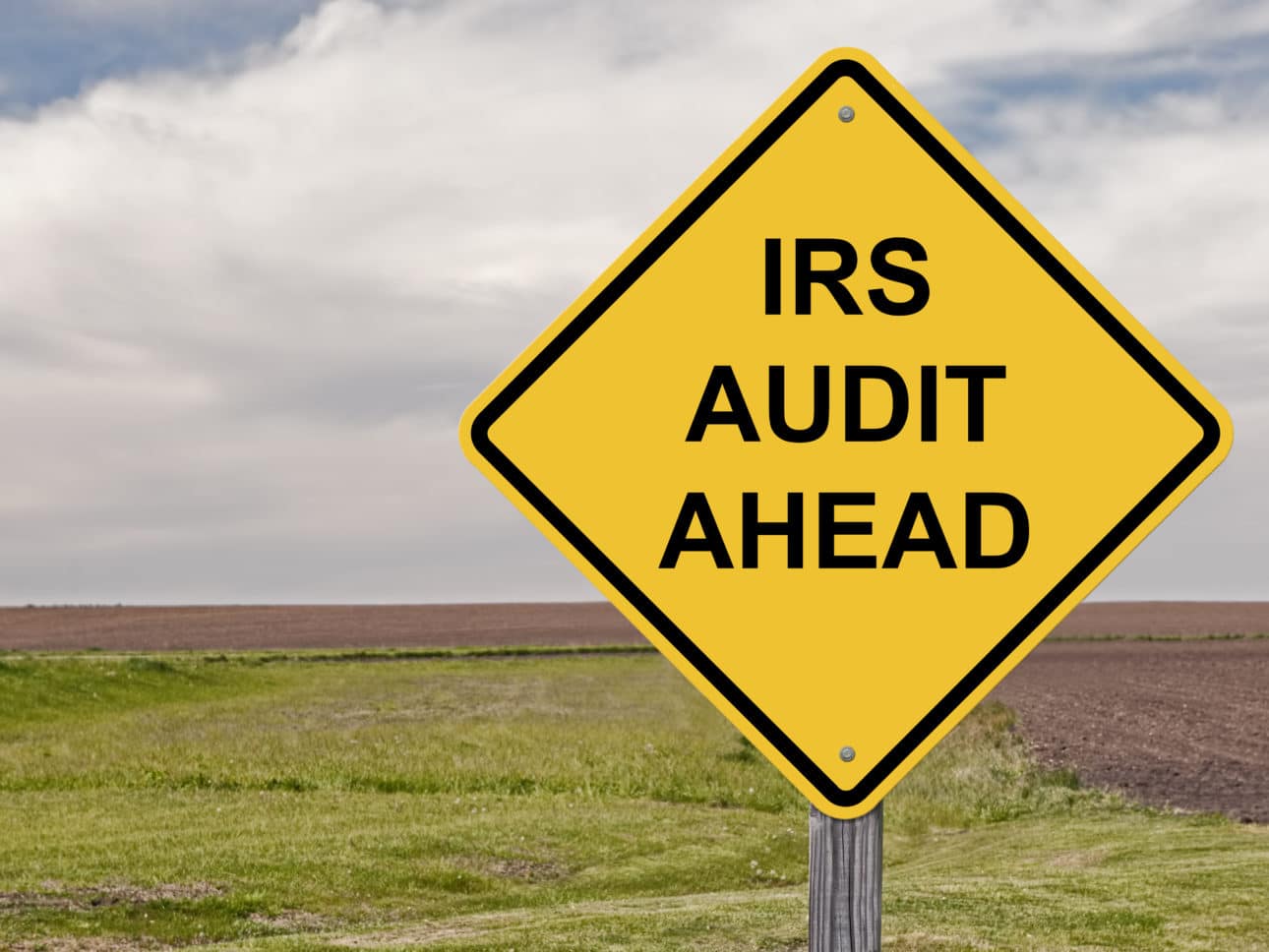
Are You Vulnerable to a Sales and Use Tax Audit?


If you’re a small business owner and are hit with a sales and use tax audit, you may be surprised at how much time and resources you will need to devote to clearing this hurdle. The process can be daunting and worrisome.
Generally, the statute of limitations for a sales tax audit is three years if you have filed sales tax returns. If auditors uncover discrepancies, you will be required to pay the tax along with interest and penalties for the previous three years. It will likely also make you a prime candidate for audits in the coming years.
But be aware that the statute of limitations for a sales tax audit is generally not in effect if there are instances of evasion, gross negligence, or fraudulent behavior. In other words, if you were not collecting and remitting sales tax and you knew you should have been doing it, then all statute of limitations bets are off.
When purchasing a business entity, states require the purchaser (successor) to withhold a sufficient amount of the purchase price to cover any sales and use tax liability. These funds are held in escrow by the state until the completion of the audit.
Under successor liability, the purchaser of a business is liable for the taxes of the previous owner unless and until the purchaser obtains a tax clearance certificate from the Department of Revenue Services.
If you are considering selling your business today or sometime in the future, be aware that you will need to provide the purchaser with a receipt from the Commissioner of Revenue Services showing that all tax liabilities have been paid or a certificate stating that no amount of tax is due. Earning this certificate will require you to undergo a sales and use tax audit.
Many states offer a tax amnesty program for individuals who have failed to pay taxes or have underreported income or transactions on which taxes should be paid. These programs enable individuals to come forward voluntarily to bring their accounts into compliance.
You can find Connecticut’s Voluntary Disclosure Program here.
Whether the nonpayment of taxes is due to a lack of information about tax laws, or a deliberate avoidance of payment, taxpayers who voluntarily disclose nonpayment or underpayment of their taxes may be offered favorable terms to repay back taxes due.
The taxpayer will benefit by not having a penalty imposed, receiving a limited look-back period, and by not having to fear discovery through the state’s normal investigative or audit procedures.
Keep in mind that these programs are not available to individuals who have already been notified of an audit.
Providing records for a sales and use tax audit is time intensive. Here are some of the documents the auditor will often request:
At the conclusion of the audit, the auditor will issue a Notice of Assessment. The Notice of Assessment will include the sales and use tax liability as well as penalties and interest assessed. Depending on the state, penalty rates can range from 5% to more than 50%.
When you outsource your organization’s accounting function to ARI, we take responsibility for filing your sales and use tax returns and can alert you to potential issues before they become a problem. And if you are flagged for an audit, we can work with your tax accountant who is intimately familiar with the ins and outs of sales and use tax, to ease your burden.
Often, we are successful in accelerating the audit process and reducing your tax liability. For example, because an auditor makes decisions based solely on interpretation, he or she might deem certain items or vendors taxable, but when provided additional background information, we may succeed in reversing those decisions.
If you would like to explore whether ARI is the right firm to manage your organization’s accounting function, contact us today.
In the meantime, you may be interested in these 10 Benefits of Outsourcing your Accounting Needs.